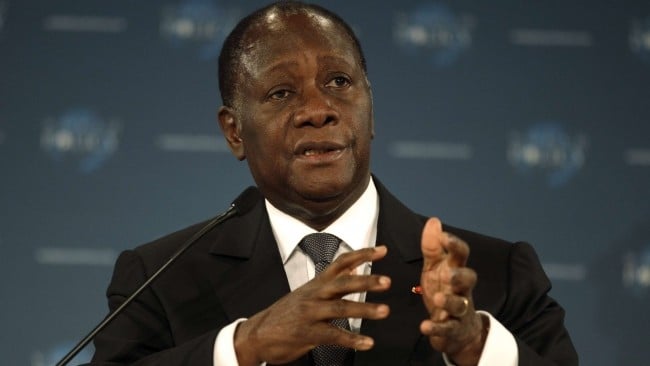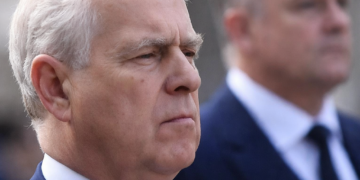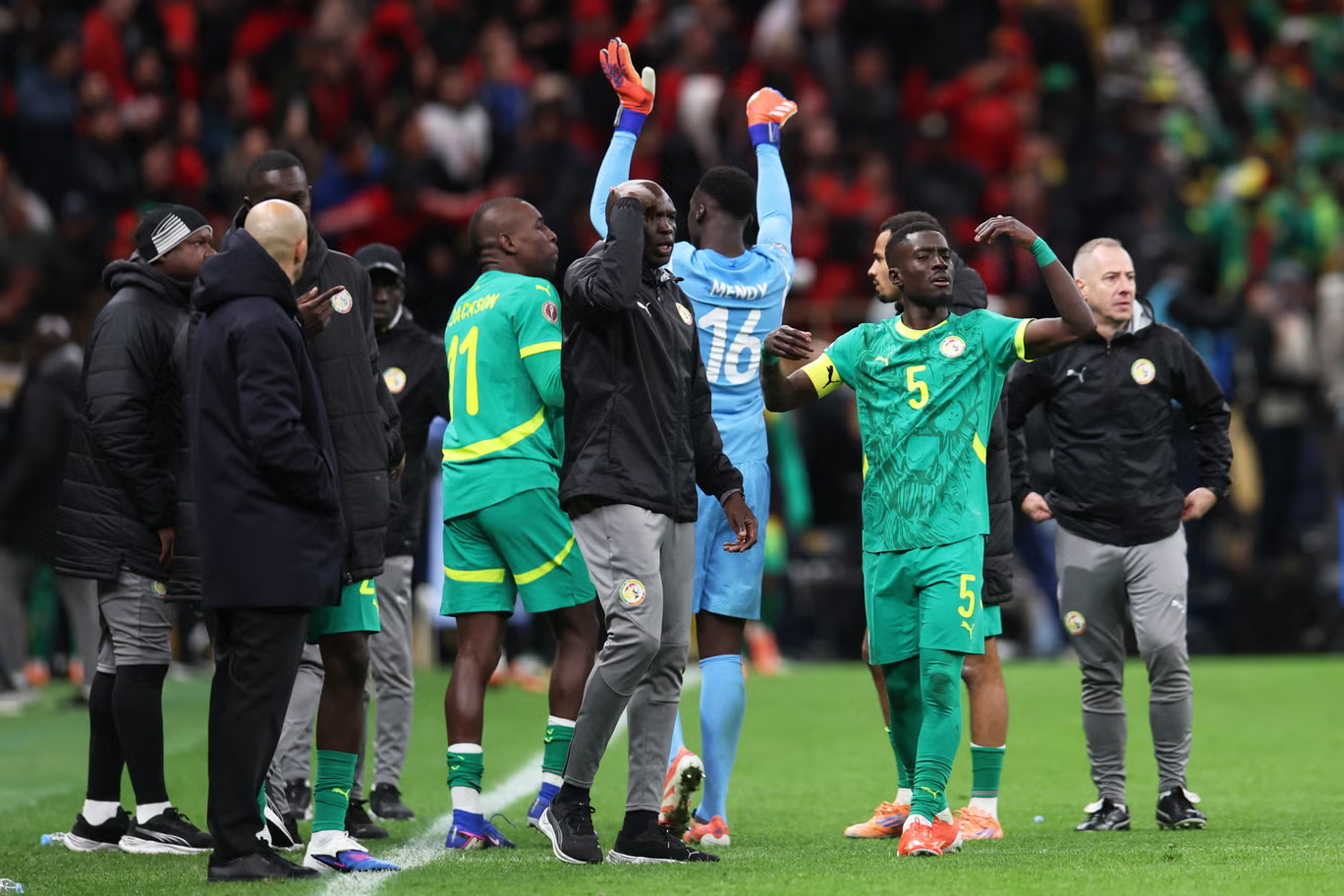Djibouti’s president, Ismail Omar Guelleh, who has ruled since 1999, is set to run for a sixth term next year, highlighting a disturbing trend of African leaders clinging to power well into old age. This move, alongside veterans like 92-year-old Paul Biya in Cameroon and 83-year-old Alassane Ouattara in Ivory Coast, underscores how entrenched leadership has become across the continent.
The Guelleh joins Biya, Ouattara in the race to die in office narrative is not just about individual ambition; it reflects systemic issues where constitutions are conveniently amended to benefit those already in power. In Djibouti, parliament recently removed the age limit of 75 for presidential candidates, clearing the way for Guelleh’s continuation.
Elections Without Competition
Officially, Guelleh’s candidacy has been confirmed by party officials, though the presidency has yet to make a formal announcement. Given the dominance of his coalition, the Union for the Presidential Majority, and the lack of credible opposition, his re-election is all but guaranteed. He secured 97 percent of the vote in the last election, a margin that raises questions about democratic authenticity.
Observers, including the International Federation for Human Rights (FIDH), have repeatedly described elections under Guelleh’s rule as “not free,” and the latest move to remove the age cap will likely reinforce that perception. This is a stark reminder that power often outweighs principles in these political systems.

Stability or Stagnation?
Djibouti remains one of the more stable nations in the Horn of Africa, boasting a strategic port that hosts military bases from the United States, France, China, Japan, and Italy. Stability, however, seems increasingly tied to a single leader rather than robust institutions.
While Guelleh’s long tenure may appear to offer continuity, it comes at the expense of generational change and political renewal.
The constitutional amendment allowing him to run again suggests that longevity in office is more valued than political reform. In reality, such moves often entrench corruption, weaken governance, and discourage youth participation in politics.
Regional Implications
Guelleh’s decision to seek another term echoes across Africa, where ageing leaders dominate politics. It adds to the growing narrative that, for some leaders, the state becomes synonymous with personal rule.
The story highlights how political dynasties can stifle democracy, leaving citizens with little choice in shaping their future.
Countries like Cameroon and Ivory Coast face similar patterns: constitutions are amended, opposition is sidelined, and elections are manipulated to maintain the status quo.
While external powers may celebrate stability, citizens are left watching their leaders age in office while pressing issues like poverty, infrastructure, and security remain unresolved.
Why It Matters
This trend is more than a quirk of African politics; it is a warning. Leadership longevity, unchecked by term limits or democratic processes, can erode trust in institutions. This example is not isolated; it is symptomatic of a broader continental struggle between old power structures and the urgent need for generational change.
Without reforms, African nations risk stagnation, where loyalty to leaders overshadows the public interest, and where political succession becomes an afterthought rather than a planning priority. For citizens, the cost is high: voices are muted, opportunities limited, and political innovation stifled.
















